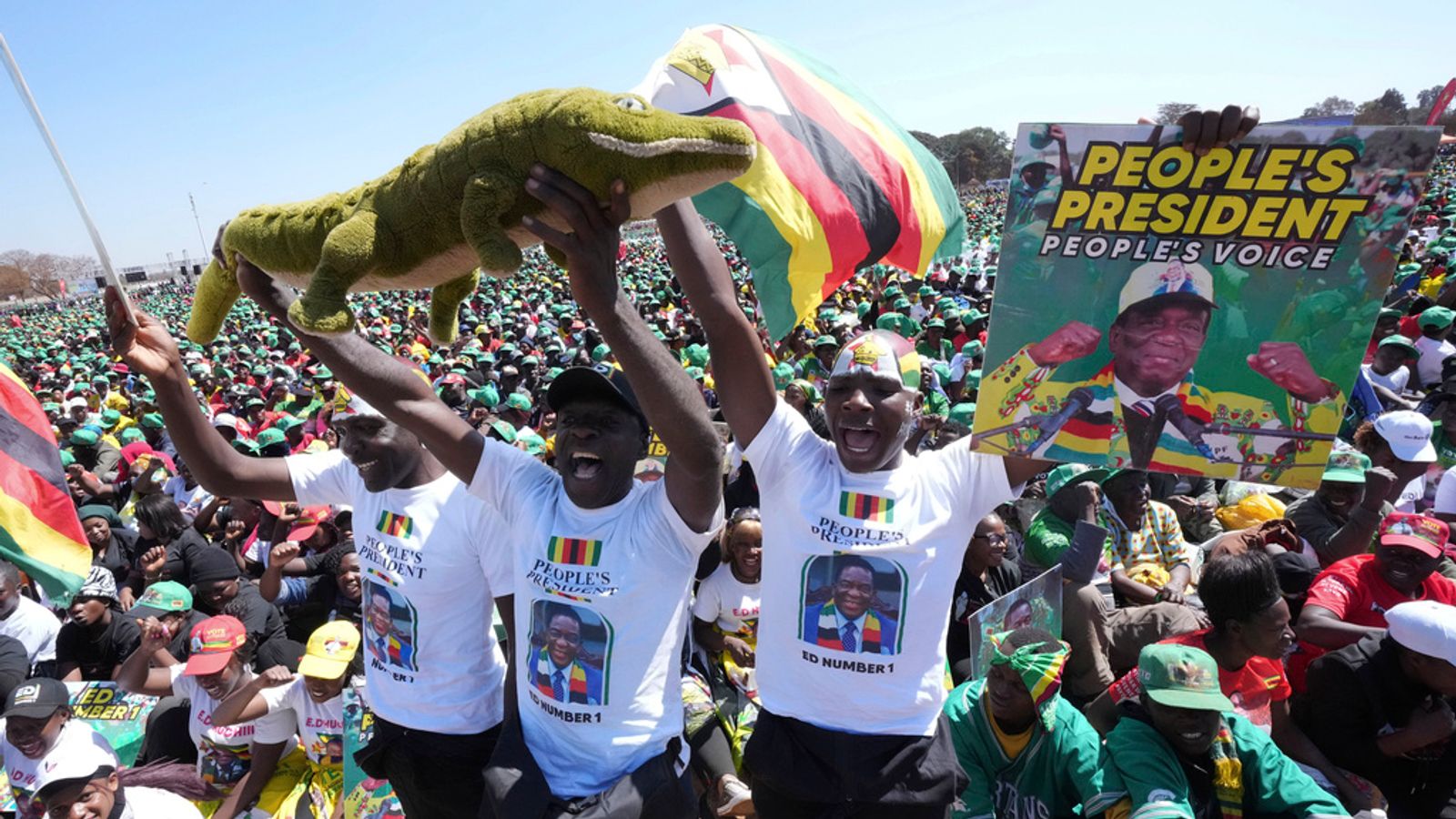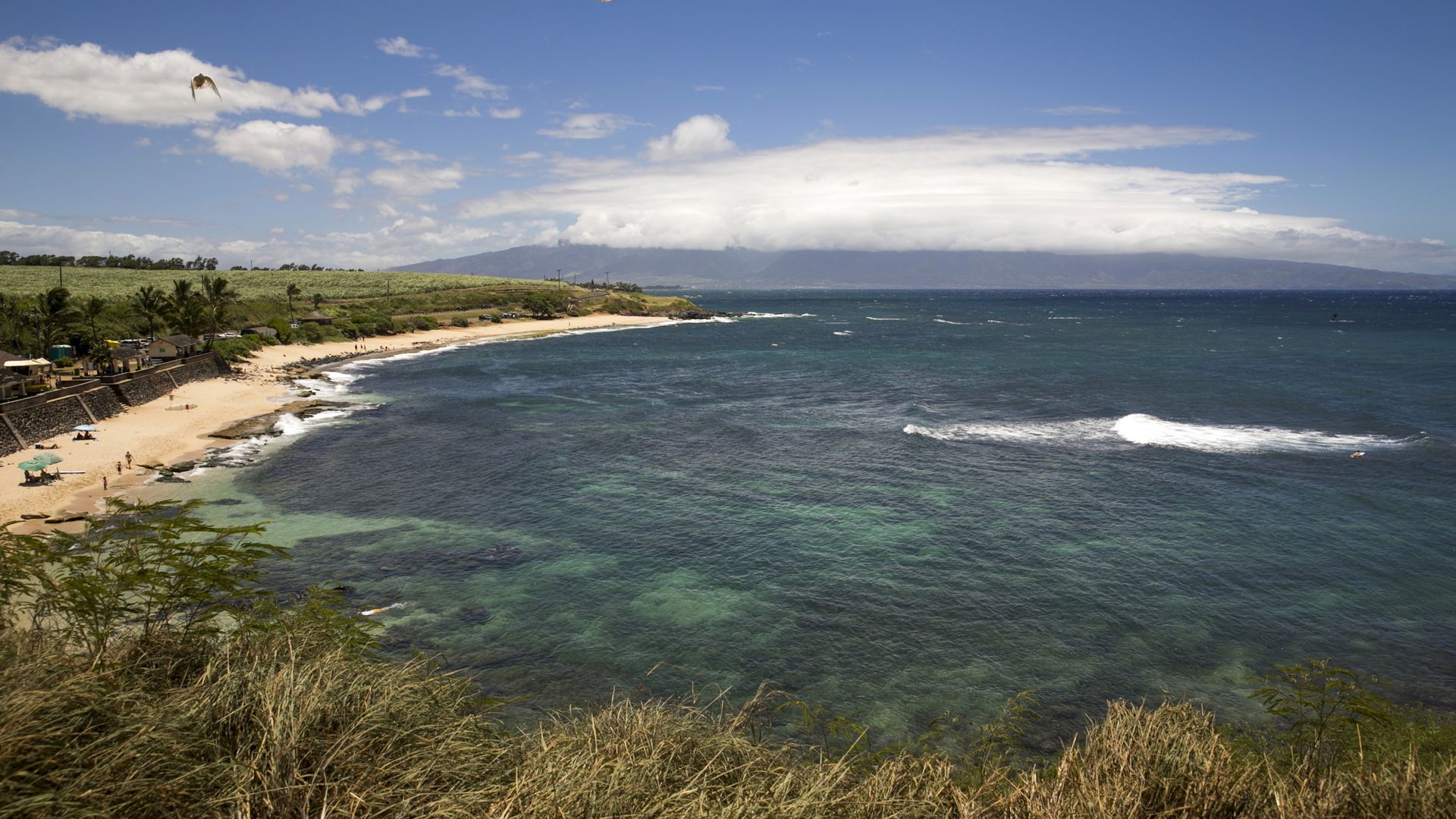The polls in Zimbabwe have opened as the country votes on a president, parliament and local council positions.
It will be the second general election since long-time repressive leader Robert Mugabe was ousted following a coup in 2017.
The main contest is expected to be between President Emmerson Mnangagwa, 80, who is nicknamed “The Crocodile”, and 45-year-old opposition leader Nelson Chamisa of the Citizens Coalition for Change (CCC).
There are 12 presidential candidates on the ballot.
Mr Chamisa hopes to break the 43-year rule of the ZANU-PF party, as Mr Mnangagwa seeks his second and final term in office.
Runaway inflation, currency shortages and high levels of unemployment have continued to challenge Mr Mnangagwa’s current government.
Political analysts say the ZANU-PF party has an unfair advantage, as it wields control over the police and other key institutions.
Read more:
Robert Mugabe’s son charged in Zimbabwe for damaging cars
Inside the deal that removed Robert Mugabe from power
Zimbabwe to start selling gold coins
“The electoral playing field is heavily skewed in favour of the ruling party, which has used state institutions to close the democratic space,” Africa Risk Consulting, a private firm, said in a pre-election note.
“Five years into Mnangagwa’s rule, conditions have not changed much from the Mugabe era.”
The country began using gold coins – known as Mosi-oa-Tunya – in 2022 in an attempt to tackle chronic hyperinflation.
In May, it then introduced a digital currency with “tokens” backed by gold reserves that can be transferred between people and businesses as a form of payment.
Please use Chrome browser for a more accessible video player
Be the first to get Breaking News
Install the Sky News app for free
In a nation of 15 million, some 6.6 million people are registered to vote.
Counting will start as soon as polling stations close, and results of the 350-seat parliament are expected to start coming in over the course of Thursday morning, with presidential election results coming later.
Zimbabwe has a long history of allegedly rigging and disputing the outcome of polls, which has led to violent protests and challenges to election results.
This included the 2018 election, when Mr Mnangagwa narrowly beat Mr Chamisa.
Tough public order laws mean police routinely ban opposition rallies, although police deny seeking to influence the outcome of elections.
To win the presidency, a candidate must get more than 50% of the vote. If there is no outright winner, a run-off between the top two candidates will be held on 2 October.
There is a high chance the outcome of the election will be challenged.











